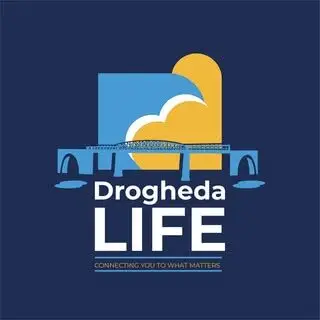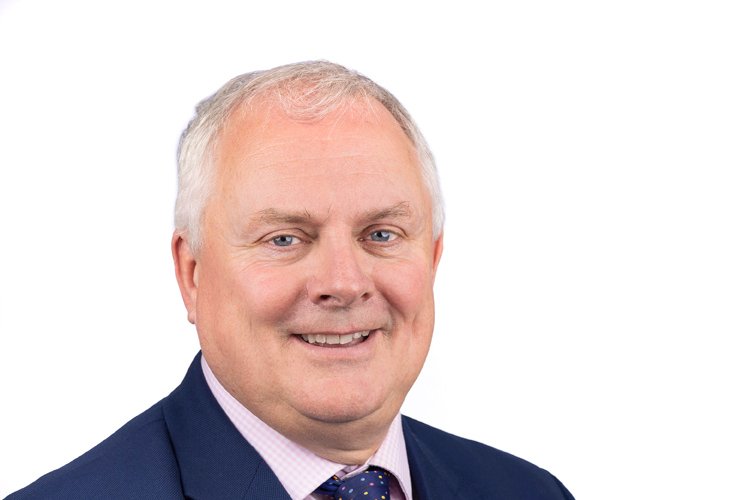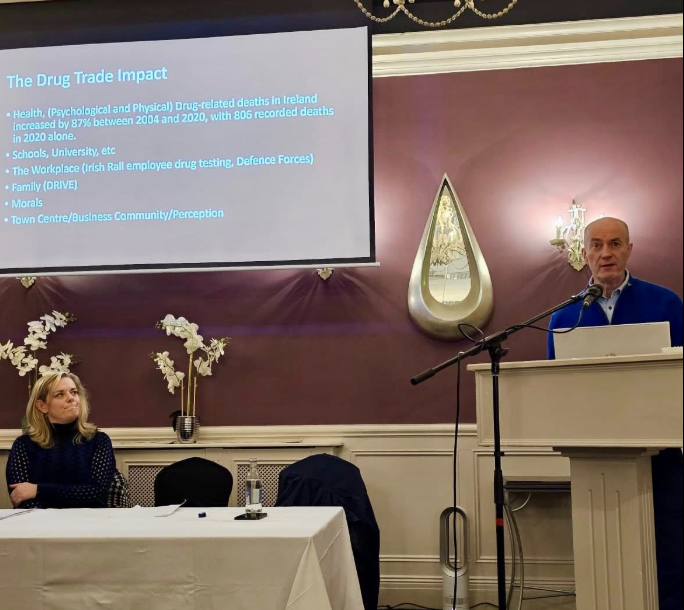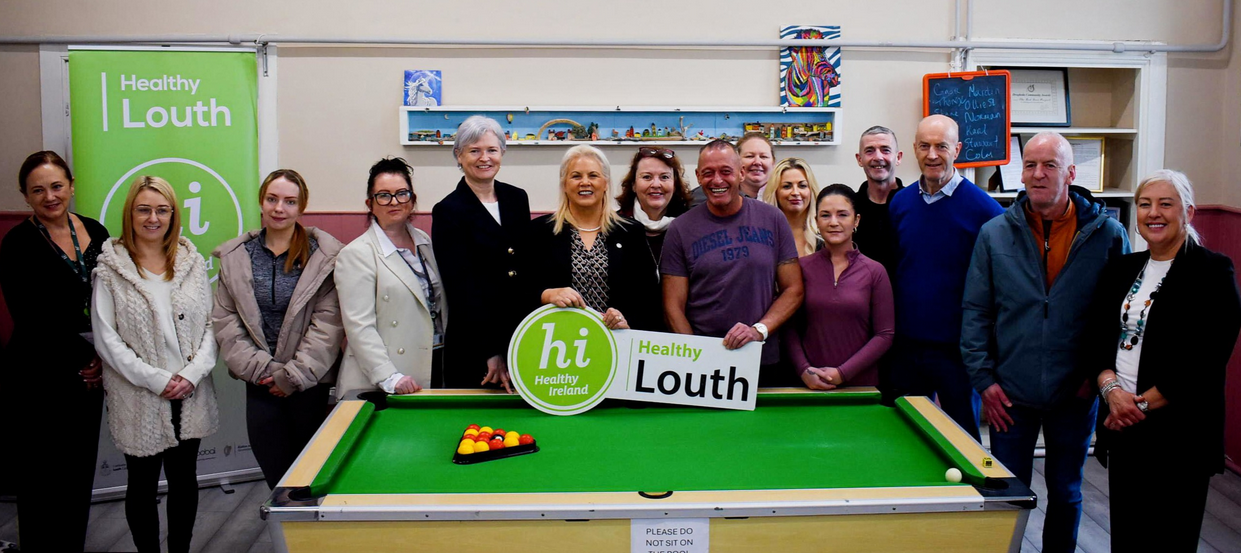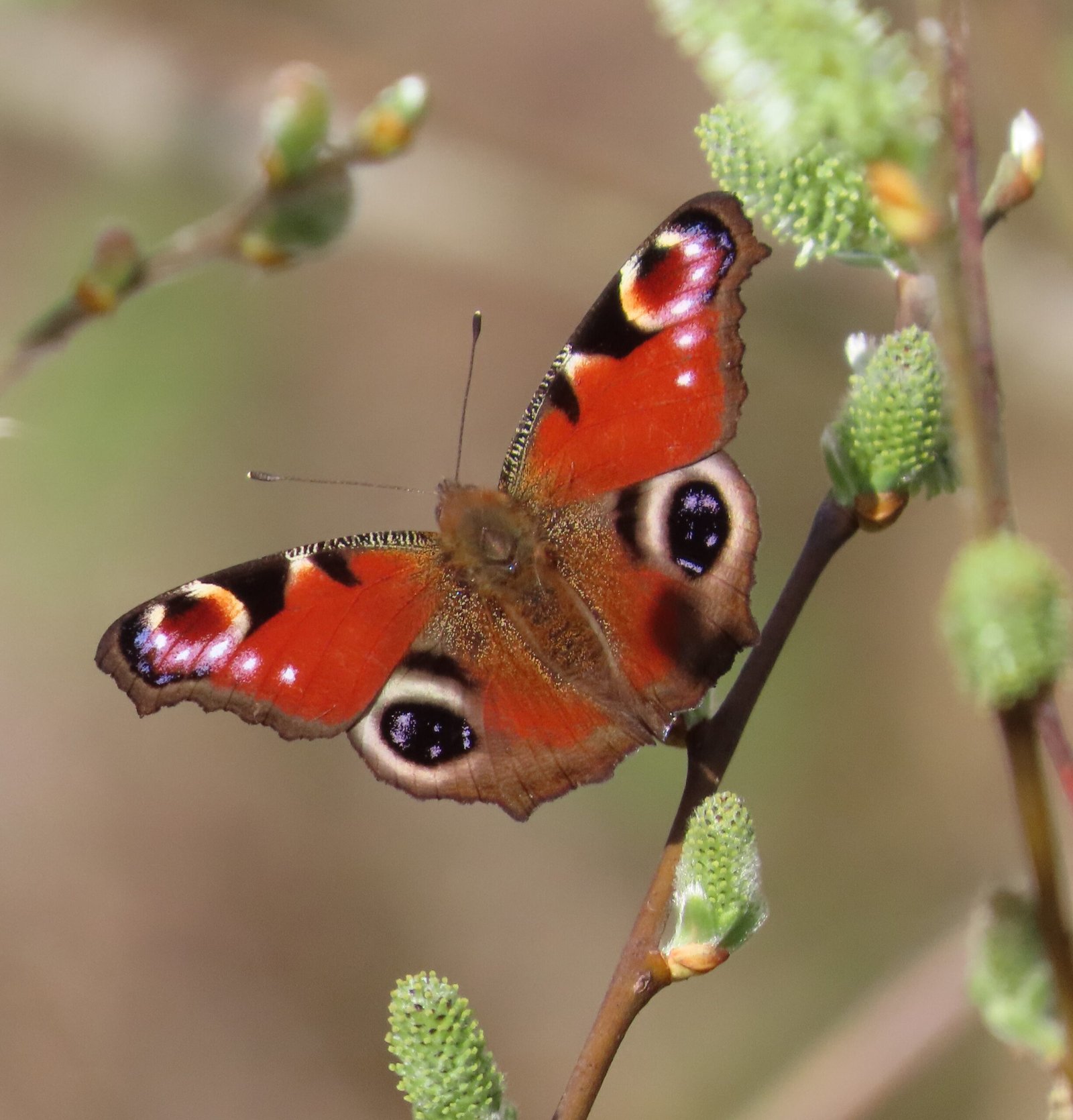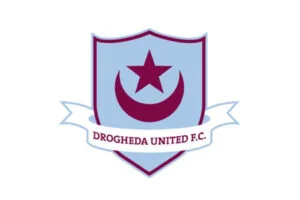Louth County Council Chief Executive David Conway speaks with the kind of easy warmth that comes from genuine affection for a place. “I have a passion for Drogheda,” he says. “Both my children were born here. I’ve had a mobile home for over 20 years between Termonfeckin and Clogherhead, near Port Oriel, and I’ve fantastic memories of the beaches and walks.” That personal connection runs through everything Mr Conway says about Drogheda’s future.
The Chief Executive believes the town’s story is one of untapped potential and quiet progress. He points to the upcoming county tourism strategy, which will be the first of its kind for Louth, as an example of that shift. “You’ll see some very exciting things in the new strategy,” he says. “We have amazing natural assets and resources, and we need to work on those a bit more and sell them.” The plan, he explains, aims to highlight Louth’s coastal beauty, rich heritage, and food scene, all of which he believes deserve a brighter spotlight.
That same forward-looking approach underpins the new County Development Plan, which has just gone out for public consultation. “Your question is very poignant right now,” Mr Conway says. “We’ve issued the issues paper to address a lot of the concerns people talk about — housing, transport, services — and I’d encourage readers to tell us what they think needs to be addressed.”
He is also clear about how local government really works. “Talk to me if I’m not delivering on what I can deliver,” he says. “Don’t talk to me about something that I’m not fully in control of. That’s a bit unfair in any walk of life. We have to work with service providers like Irish Water, ESB Networks and the Department of Social Protection to deliver on that pathway.”
Mr Conway believes Drogheda is better placed than almost anywhere in Ireland to grow sustainably. “We’re in a fantastic area between the Dublin–Belfast economic corridor,” he says. “You’ve got two international airports, strong companies, indigenous businesses and FDI investment. The IDA have invested here and want to invest more. We just have to make sure we have the services that go with that growth.”
Since taking up the role nine months ago, the Chief Executive has spent his time walking the town, meeting people and listening. “I get out, talk to people, jump into offices, walk around. That’s how you really get a feel for what’s happening,” he says. It’s a simple approach, but one he believes makes a difference.
He’s particularly proud of the momentum gathering behind new local projects. “The opening of the Digital Hub has been fantastic,” Mr Conway says. “People are dropping in now and it’s creating a community that will help drive things forward. The minute you start putting people into areas with jobs, it changes the whole façade.”
Work is also progressing on the Fair Street offices, which are currently being refurbished. “When staff move back to their new offices, we hope to bring new companies into the spaces they’ve been using,” he explains. “It’s a first in thinking for Louth.”
Another misconception Mr Conway is keen to tackle is the idea that Drogheda is somehow “governed by Dundalk.” “That’s simply not the case,” he says. “You have a municipal district here, a council chamber right beside us, your own mayor and by-laws set locally. My management team meets here regularly — we don’t all sit in Dundalk. It’s a misconception that everything comes from there.”
His emphasis on collaboration comes from experience. “In the National Sports Campus we brought all the governing bodies of sport together on one campus, and look at the results — Olympic medals, world champions. The power of working together and generating new ideas is what drives success,” the Chief Executive says.
That belief in collective effort also shapes Drogheda’s Westgate Vision, and Westgate House, which recently received additional Thrive funding. “We need to start delivering on that now,” Mr Conway says. “The role of the County Council is to be an instigator — to provide the drive and delivery that lets the market move forward. My experience in Limerick 2030 showed me that councils can’t do everything, but we can enable. Sometimes we have to unblock and allow development to happen.”
Progress is already visible. “We’ve regenerated a whole new space in the council offices,” he says. “The Digital Hub will be the same — creating jobs, supporting local enterprise and connecting with the great food offerings already here. We’ll work with our tourism and economic units to move the process forward.”
Mr Conway is also optimistic about tackling dereliction and vacancy, particularly on West Street. “It’s great news that we now have the Living City Initiative,” he says. “That can help unlock upper floors and bring older buildings back into use. We’ll also use Compulsory Purchase Orders and Urban Regeneration Funding where needed. The key is to keep momentum.”
The Chief Executive highlights that Louth and Meath already work closely on key services. “We do collaborate,” he says. “Our development plan issues papers were issued at the same time. We share a fire service, we work together in sport, and we’ll keep doing that.”
When the conversation turns to Drogheda’s people, Mr Conway lights up again. “If I had to describe Drogheda in three words (if I can also use some adjectives), they’d be amazing heritage, amazing potential, and great people.” His hopes for the next few years are clear: “Jobs, housing and amenities to make Drogheda a great place to live, work and play.”
For Mr Conway, positivity matters. “There are lots of good things happening,” he says. “You’re not doing your town any justice by talking it down. Be positive.”
